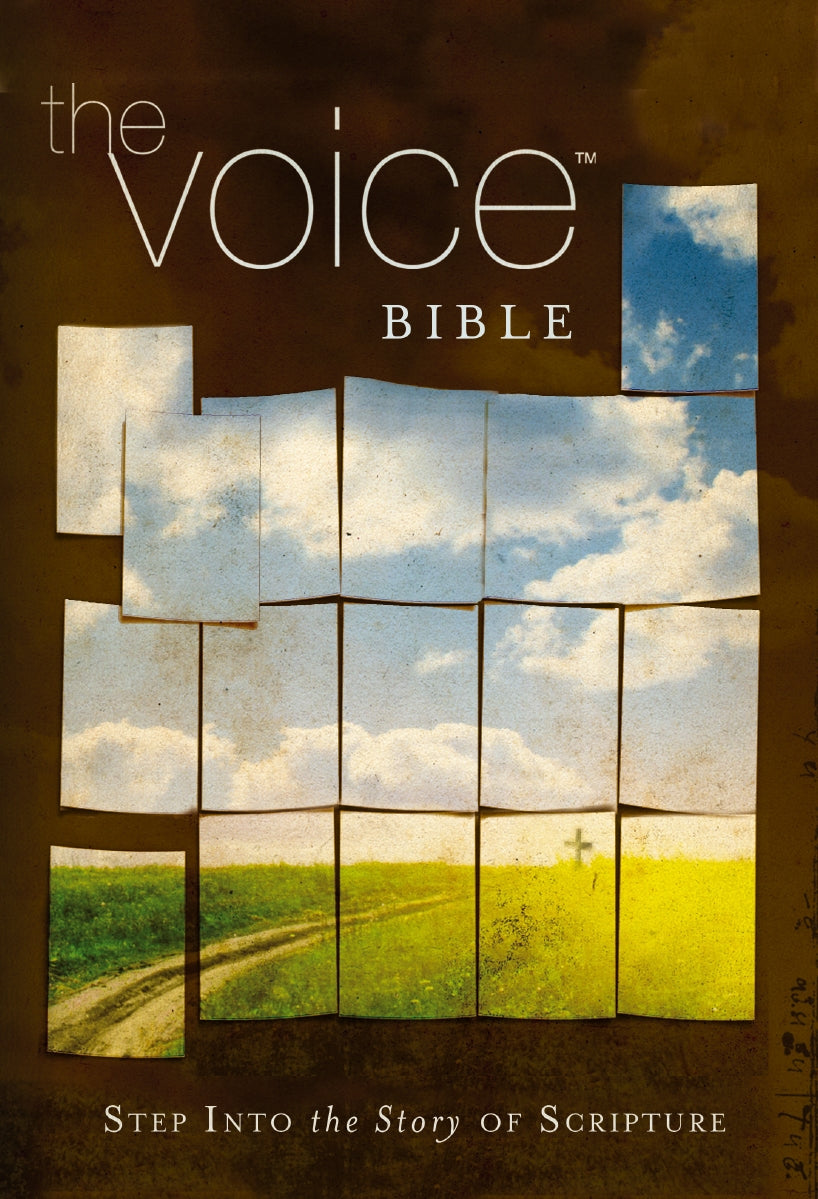Genesis 48:1-3
The Voice
Jacob bows his final bow—perhaps in the weakness of old age or in thankfulness for Joseph’s promise, or maybe in prayer to the Lord.
In the days of Abraham, Isaac, and Jacob, custom demands that the firstborn son become the next head of the family and inherit the name, status, and wealth of his father. But as we have seen throughout Genesis, God makes a habit of ignoring human customs, subverting tradition, and privileging the younger over the older. When it comes to the covenant, God typically chooses to pass its blessings and duties to the younger. The trend continues throughout Scripture as God selects David and then Solomon, both younger sons, as the two greatest kings over Israel. It is almost humorous the way Joseph tries to engineer the situation placing Manasseh, his firstborn, at his father’s right hand to receive the greater blessing. But Israel has none of it. He crosses his hands and extends the right hand to Ephraim, the second-born. Joseph is sure his ailing father has made a mistake. But Jacob knows exactly what he is doing.
48 Soon after this, Joseph was brought word that his father was gravely ill; so he took his two sons, Manasseh and Ephraim, to see Jacob. 2 When Jacob was told that his son Joseph had come to see him, he gathered his strength and sat up in bed.
Jacob (to Joseph): 3 The All-Powerful God[a] appeared to me at Luz in the land of Canaan many years ago and spoke His blessing over me,
Footnotes
- 48:3 Hebrew, El Shaddai
The Voice Bible Copyright © 2012 Thomas Nelson, Inc. The Voice™ translation © 2012 Ecclesia Bible Society All rights reserved.


